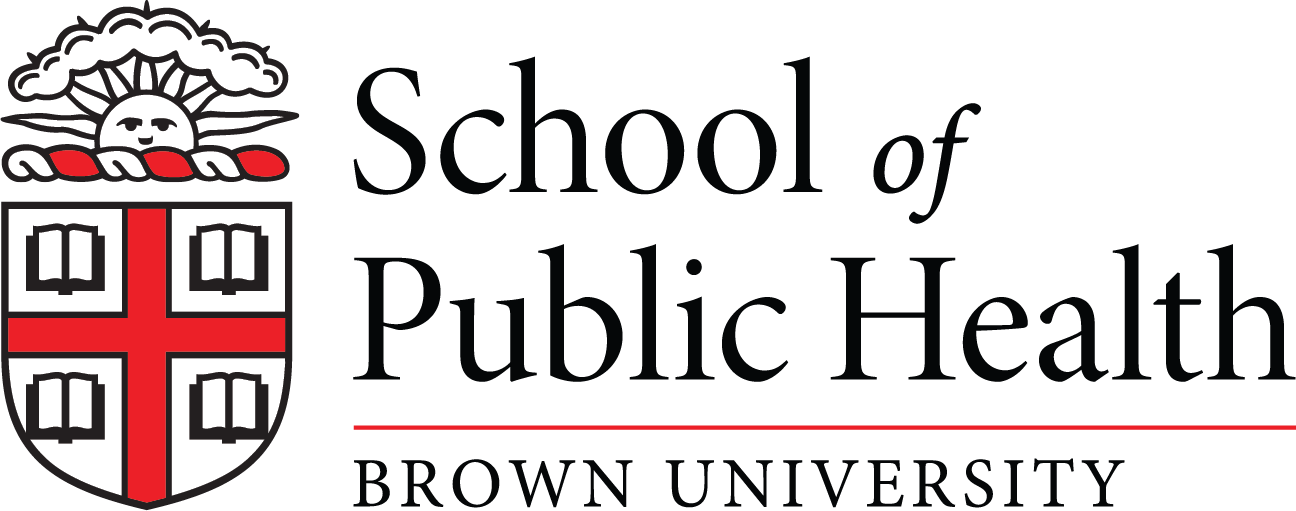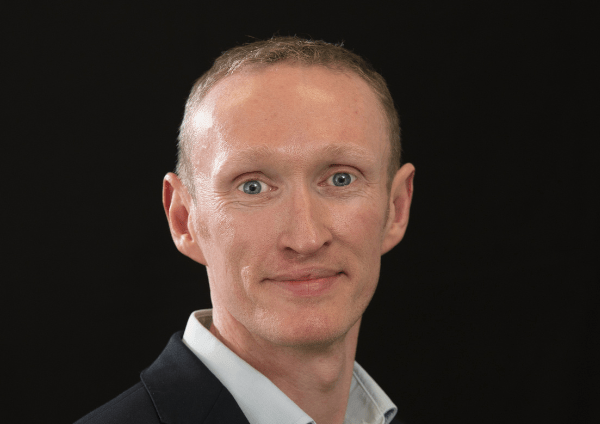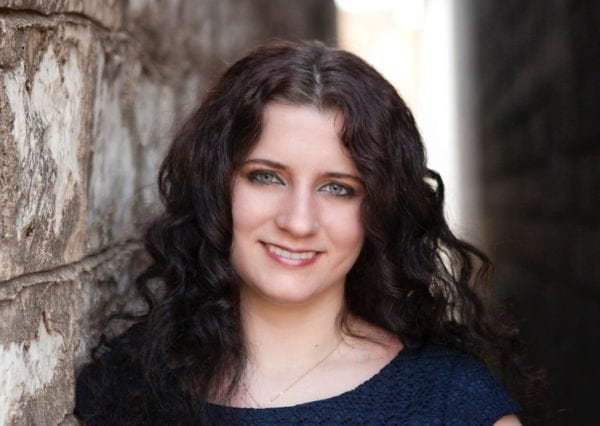
information futures lab
fellows program
The Information Futures Fellowship is an opportunity for practitioners in public health, healthcare, community organizations, media, policy, design and other fields who are actively responding to the ongoing information crisis at the community level. The six-month fellowship fosters creative problem solving and connects fellows’ professional and lived experiences with the research, resources, and network necessary to develop innovative yet practical solutions.
2023 Information Futures Lab Fellows Pilot Eight Solutions to Address Information Crisis
Our first class of Information Futures Lab (IFL) Fellows at Brown University’s School of Public Health has debuted eight community-driven, innovative solutions to improve information ecosystems. From the mountains of western North Carolina, to the streets of Chiang Mai, Thailand, the fellows’ projects are locally-developed and center the cultural realities of the communities they serve. Fellows are making an impact, with positive outcomes from projects so far including more than 40 communities across Nigeria connected with culturally appropriate health information, increased social media literacy among aspiring school-age content creators in Great Britain, and support for the Black community in East Oakland, Calif., to better manage diabetes. Listen in as the fellows tell passionate stories of their communities and what they learned working to create a better future for our information spaces.
Kelsey Scott: Finding Harmony in Health: A Tale of Culturally Tailored Diabetes Care
Different communities face unique information challenges, and one size fits all solutions do not work. No one understands communities and their information needs better than those living and working amongst them. IFL Fellow Kelsey Scott from the Roots Community Health Center in California, explains the importance of culturally informed communication in her HIPHOP project, which is designed to improve access to healthcare information and diabetes management tools in the Black community in East Oakland.
Read more about Kelsey
Lam Thuy Vo: Misinformation and the Unmet Information Needs of Vietnamese Americans
Through locally-developed solutions, communities can be empowered to effectively access, create, and understand information that is crucial to their wellbeing. As IFL Fellow Lam Thuy Vo explains, understanding how communities interact with content allows for the scaling of ideas to improve equity in information access. Her work within the Vietnamese community of Oakland, California, highlights some unique hurdles this community is facing in accessing quality information on the pandemic and other crucial current events.
Adrienne Ammermann: Arclet: Improving Public Health by Innovating Health Communications
Modern problems require modern solutions. Across the country and around the globe, communities know what works best for them and while health communications are often distributed by local health authorities, a community-tailored approach to health information is the key to alleviating health inequities. IFL Fellow Adrienne Ammerman’s Arclet platform provides a means to distill, test, and distribute effective health communications by communities, for communities.
Chris Chukwunyere: Bridging Health Information Gaps: Youth-Led Solutions in Nigeria
In communities worldwide, effective leaders, influencers, and communicators help to keep their neighbors informed. Leveraging their credibility and reach helps to keep communities’ information ecosystems healthy. IFL Fellow Chris Chukwunyere channeled the power and influence of Nigerian youth by teaching them how to recognize and meet information needs on a micro-local level, increasing the flow of good health information throughout the country.
Sophia Smith Galer: The Creator Literacy Initiative
The ways in which people get their information are constantly evolving. Solutions to modern information challenges need to adapt to these evolutions and IFL Fellow Sophia Smith Galer is rethinking who develops and delivers media literacy lessons for today’s platforms. Centering those who actually create content for these platforms, her Creator Literacy Initiative helps youth understand and navigate the realities of life and work as a content creator.
Kelly Perry: The Clean Lantern
Tackling health and information challenges requires input from multiple stakeholders. Solutions, like IFL Fellow Kelly Perry’s Clean Lantern project, work best when they center on and elevate the experiences and realities of communities. In her efforts through the Clean Lantern project to uplift the voices of those most impacted by poor air quality in two of Thailand’s largest cities, IFL Fellow Kelly Perry highlighted the stories of people from various walks of life who are all working towards the common goal of a future with cleaner air.
Mark Scott: A plan to fix social media
With the passage of the Digital Services Act by the European Commission, which promises to make data from tech companies more accessible, Mark used his fellowship to investigate the different types of data stakeholders would need. The goal of the project was to help inform policymakers who are working on defining how data sharing would work.
Here are two of Mark’s Politico newletters informed by his fellowship work:
Digital Bridge: Global Twitter
I have a plan to fix social media
Elisabeth Wilhelm: Understanding Community Information Needs Through Stories
How does the modern information environment affect specific communities and their health? How can we do better in meeting people’s information needs? One way way to answer these questions is through people’s experiences and stories. In her fellowship project, Elisabeth Wilhelm, is a senior social and behavior change technical advisor, developed a novel, participatory methodology to capture, analyze and make actionable the experiences of community members in navigating information ecosystems. After working with a global community of Infodemics managers, she developed a guide, Understanding community information needs through stories, for public health professionals, civil society organizations, community members, students and researchers who want to center people’s voices in policies and programs serving communities. You can explore the guide here: https://communitystoriesguide.org/
Fellowship Updates
Brown University’s Information Futures Lab Introduces 2024 Visiting Fellows
The Information Futures Lab welcomes leaders in community-based journalism, tech entrepreneurship, communication, and infodemics research to its 2024 Visiting Fellows cohort, aiming to address urgent information challenges with innovative projects.
About the Information Futures Fellowship
The Covid-19 pandemic has brought to the forefront how inequitable information ecosystems poison public discourse, disrupt efforts to respond effectively in a crisis, and interfere with people’s ability to live healthy lives. Differences in the ways communities access information, and the quality of information they receive, allow chaotic information environments to rise and harm people, democracies, and economies. The result is an erosion of trust in institutions and others in society, with widespread negative public health outcomes as a downstream effect.
The Information Futures Fellowship is built to empower practitioners to develop innovative solutions for these intersecting information challenges and build a better future for our information spaces, habits, institutions, and culture, starting at—and with input and engagement from—the community level. As leaders in their fields and communities, those on the front lines are most familiar with concrete information challenges and actionable, equitable solutions. The fellowship provides access to training, support, and interdisciplinary research expertise in the form of partnerships and mentorship, while encouraging fellows to think creatively to incorporate the nuances of their lived experiences into their approaches.
Application Timeline
Applications are currently closed. The next group of fellows will be selected in 2024, and a call for applications and details on the application process will be posted here next year. You can subscribe to our newsletter and social media for updates on timelines.


